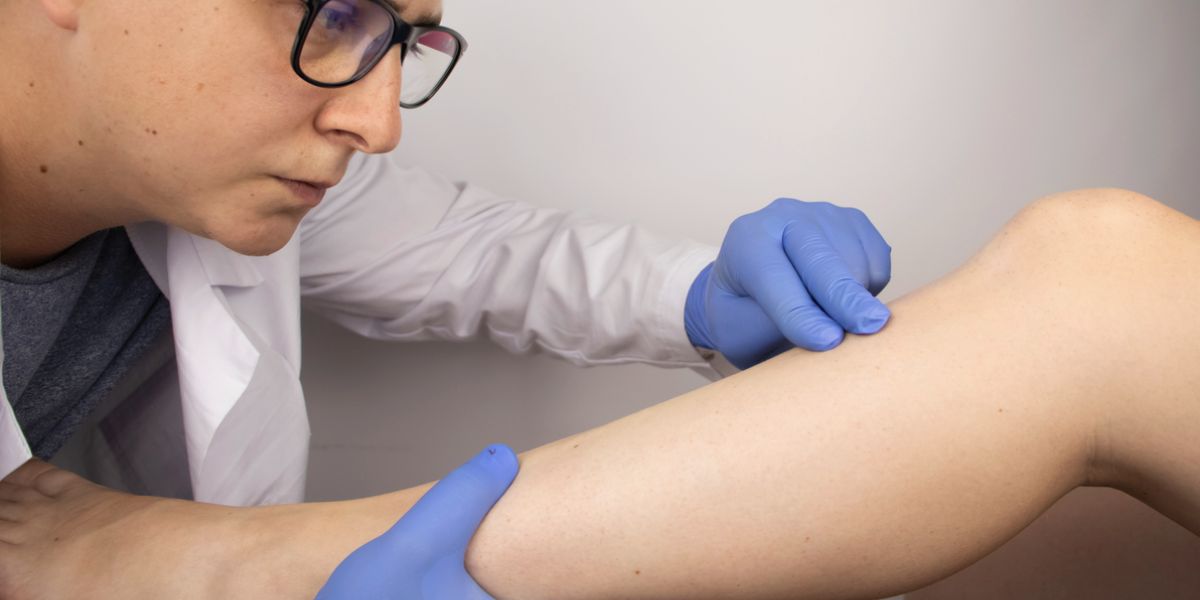Car accidents can be a jarring experience, often leaving individuals with immediate injuries. However, it’s not uncommon for some symptoms to manifest days or even weeks after the accident. Understanding these delayed symptoms after car accident is crucial for your health and any potential personal injury claims.
Recognizing Delayed Symptoms After a Car Accident
When you’re involved in a car accident, your adrenaline levels spike, which can mask pain and injury. Once the adrenaline subsides, you might start noticing symptoms you didn’t initially feel. These delayed symptoms after car accident can vary widely and might indicate underlying injuries that require medical attention.
Common Delayed Symptoms
- Headaches: A headache that starts a few days after the accident can be a sign of a serious issue like a concussion, neck injury, or even a blood clot.
- Neck and Shoulder Pain: Delayed neck and shoulder pain often point to whiplash, a common injury in rear-end collisions.
- Back Pain: Back pain could signal injuries to muscles, ligaments, or even vertebral fractures.
- Abdominal Pain and Swelling: These symptoms could indicate internal bleeding, a life-threatening condition that needs immediate medical intervention.
- Numbness and Tingling: These sensations often result from nerve or spinal damage.
- Behavioral Changes: Mood swings, depression, or changes in sleep patterns can be signs of a concussion or traumatic brain injury.
Understanding Whiplash Symptoms Delayed
Whiplash is a neck injury due to forceful, rapid back-and-forth movement of the neck, like the cracking of a whip. It’s commonly seen in rear-end car accidents. Whiplash symptoms delayed can be particularly misleading because they might not appear immediately after the accident.
Whiplash Symptoms to Watch For
- Neck Pain and Stiffness: These are the most common symptoms and can develop several hours to days post-accident.
- Reduced Range of Motion: Difficulty moving your neck or turning your head.
- Headaches: Often starting at the base of the skull.
- Fatigue: Feeling unusually tired can be a delayed symptom.
- Dizziness: Light-headedness or feeling off-balance.
- Blurred Vision: Problems with your eyesight may occur.
- Memory Issues: Trouble concentrating or remembering things.
Why Delayed Symptoms Occur
The human body reacts to trauma in stages. Immediate responses involve adrenaline and shock, which can suppress pain. As your body begins to heal, the real extent of injuries becomes apparent. Additionally, some injuries, like soft tissue damage, develop inflammation and pain over time, leading to delayed symptoms after car accident.
Importance of Seeking Medical Attention
Even if you feel fine immediately after an accident, it’s essential to see a doctor. Delayed symptoms might indicate serious injuries that, if left untreated, can lead to long-term health problems. Medical documentation is also crucial if you decide to pursue a personal injury claim.
Benefits of Early Medical Intervention
- Accurate Diagnosis: Identifying injuries early ensures proper treatment.
- Preventing Complications: Early treatment can prevent minor injuries from becoming severe.
- Legal Documentation: Medical records serve as evidence in personal injury claims, strengthening your case for compensation.
Legal Steps to Take
If you experience delayed symptoms after a car accident, consulting with a personal injury attorney can help you understand your rights and options. Delayed symptoms can complicate insurance claims and liability issues, making legal guidance invaluable.
Why Choose Clayton Trial Lawyers
At Clayton Trial Lawyers, we understand the intricacies of personal injury cases involving delayed symptoms. Our team comes from “Big Law” backgrounds, with extensive experience in handling complex litigation. We are relentless in our pursuit of justice and compensation for our clients.
What to Do If You Have Delayed Symptoms
- Seek Medical Attention: Visit a healthcare provider to document and treat your symptoms.
- Keep Detailed Records: Maintain records of your symptoms, medical visits, and treatments.
- Consult a Personal Injury Lawyer: Legal experience is crucial in navigating the complexities of personal injury claims.
Conclusion
Experiencing delayed symptoms after car accident can be confusing and alarming. Recognizing the signs and seeking prompt medical and legal assistance is vital. Whiplash symptoms delayed, among other injuries, require proper attention to ensure your health and safeguard your legal rights.
At Clayton Trial Lawyers, we specialize in personal injury law and are committed to protecting your rights and securing the compensation you deserve. If you or a loved one are experiencing delayed symptoms after a car accident, don’t hesitate to reach out for a consultation.
By understanding and addressing these delayed symptoms, you can take proactive steps toward recovery and legal redress, ensuring your well-being and peace of mind.

